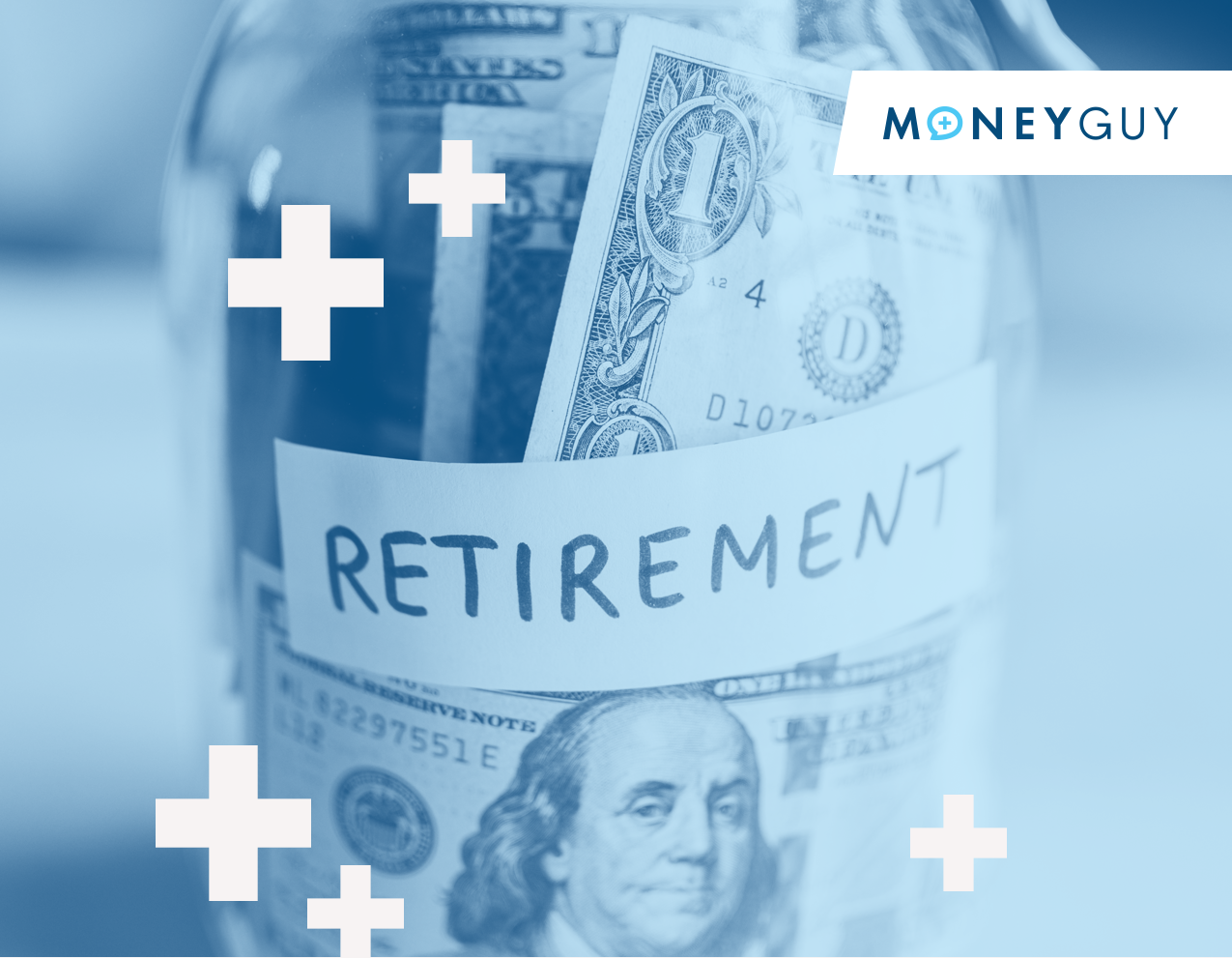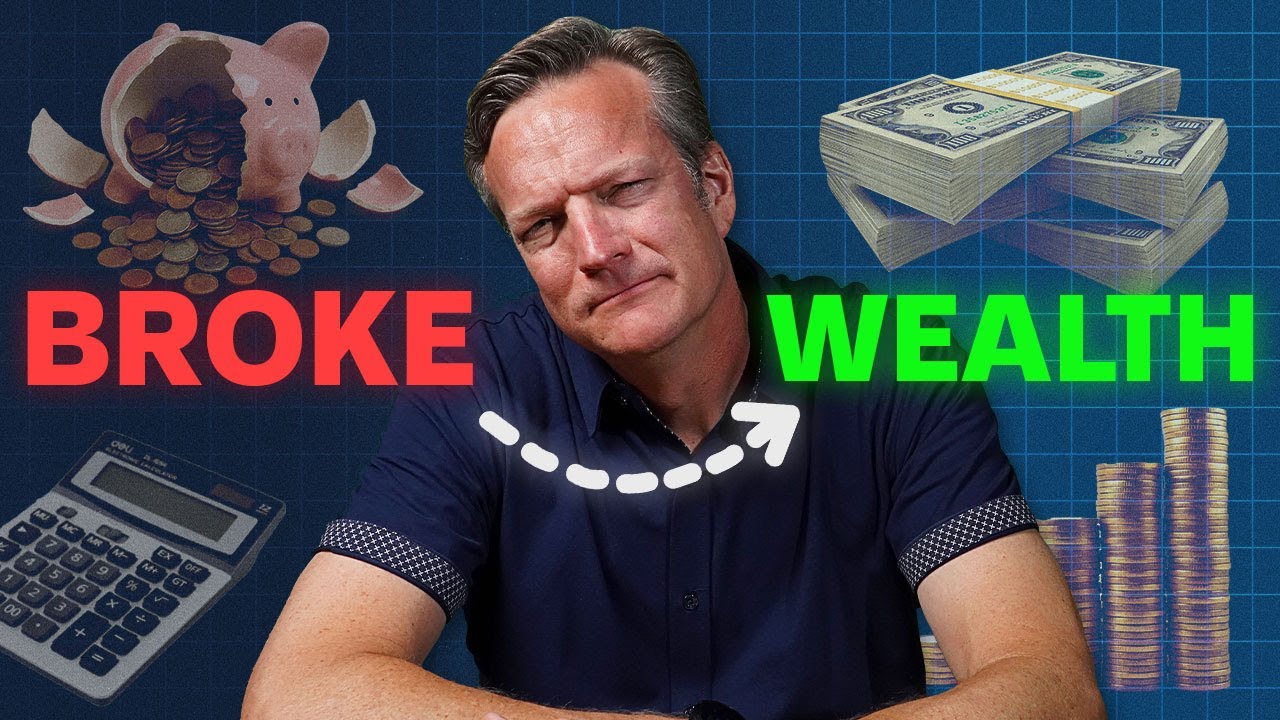Dan has a question for you guys. I see a lot of chatter on social media about allocating all of your retirement to an S&P 500 fund when you're younger. Is this smart to do considering the history of the S&P? What do you think? Yeah, so this is really interesting, right? Is this smart to do? The only way that you could accurately answer that question, in my opinion, is if you knew what the future holds, right? So, is this smart to do? Well, if we look historically and we see this, and, you know, maybe... And here's what's really interesting about the S&P 500, really coming out of the Great Recession. It's kind of been like the belle of the ball. Since 2008, it's been one of the top-performing asset classes year over year, over year, over year, more than, you know, fixed income, more than international, more than small-cap. So, I think a lot of people operate like, "Why would I spread my money out anywhere else than just in the S&P 500?" And is that okay? The answer that I would give to you is, where are you in your financial journey? Are you someone who's just at the very beginning, who's just beginning to build wealth, who's just beginning to save for the future? And what are the ultimate risks that you are deciding that you are trying to protect yourself against?
If you're maxing out your Roth IRA and this is the very first year that you're doing that, and you want to find a fund to use, and you decide, "You know, I really want to do the S&P 500," I don't think I'm going to have a ton of heartburn over that. I don't think I'm going to fight you over that. But if you're in your 40s and you're thinking about, "Okay, I'm going to retire in the next 10 to 15 years, and I've saved up $500,000, $600,000, $700,000," is being completely concentrated inside of one singular asset class in your best interest? I don't know if I would sign off on that one.
You and I have had quite a bit of discussion on this, and you've actually been very persuasive to me because I went through this little struggle where I was trying to figure out, as we were creating content, do we give 20-somethings the flexibility to do like a total market index instead of an index Target Retirement Fund? And I was trying to pitch you on, "You know, it's a situation, and you can clarify if I screw up any of this, where... How do you keep somebody from making the bigger mistakes?" And it is one of those things where you're wasting a lot of your mental horsepower, you're expending calories trying to figure out, "Total market index versus index Target Retirement Fund." Because if you've got one that's 40 years into the future, it's going to be naturally very aggressive anyway. It's going to be the lion's share of that is going to be a total market or an S&P 500 index anyway.
And you convinced me that, yes, I think there's a lot more area to screw it up because what's the biggest risk? It's the behavioral stuff. The market gets beat up. It loses 30%, all at once, like in the Great Recession, maybe even up to 50% during the darkest of moments. Just for a split second, if that was the moment that crawls out from under the bed and scares you into changing your behavior, you've really gotten yourself in a pickle now because now you have to figure out when do you get back in? How do you start the behavior? Maybe that behavior goes into negative stuff like you spend the resources.
I would rather... We talk about it all the time. The two biggest things... that we talk about is really when do you start and the process. Because there's a lot more risk in the beginning that you just got to get money saving. It's actually, if you want to know what muscle is pulling more weight in the beginning, it's the time in the market, absolutely. So, if you can just start the process of saving and investing consistently when you're young, that is actually more important than where you invest the money.
Because I think you're going to be pleasantly surprised that both of these investments would do incredibly well, especially if you go look at the biggest providers of index Target Retirement Funds that we talk about, like Fidelity Investments. They have their Fidelity Freedom index Target Retirement, and then Vanguard has their Target Retirement. Their Target Retirement, all theirs are index funds. Go look at those things, and I think if you look at the asset allocation, you'll be pleasantly surprised. Now, I know that there's variation. There's some other content creators that are shocking about the variation of Target Retirement Funds, but go look at the different options. See which one reflects where you think you want to be. And this is going to allow you to spend more of your time, calories, and resources on how do I get more working for me so that I can have time as well as money and discipline so you have all three ingredients, crushing it in your walk towards making your money work as hard as you do.
You said it perfectly, Brian. Focus on the big impact factors first. So, the biggest impact factor you have when you're beginning your journey is your savings rate. Focus on that more than your investment allocation. And we get such a bad rap on this. People are like, "Well, why wouldn't I just..." Remember, all you're trying to do is you want to grow your portfolio to the critical mass to where it begins to make sense to think of some of these other things. In our minds, that happens for most folks around $400, $500,000, somewhere in that range. Why not focus on the savings rate, plow the money away, use a low-cost Target Retirement index fund? And then when you get to that critical mass point, then you can start thinking about these asset allocation decisions, instead of having a generalized solution. I want a very specialized solution.
Instead of just looking at asset allocation, I can also look at asset location. In the beginning part of your journey, you're just trying to get from zero to critical mass. And, in my opinion, you should try to do that in the easiest, lowest-brain-damage, lowest-calorie way possible. And we think Target Retirement index funds are a great way to do that. Auto-investment is the path to inevitable wealth because it doesn't allow you to screw it up. So, make it happen. For more information, check out our
free resources.













